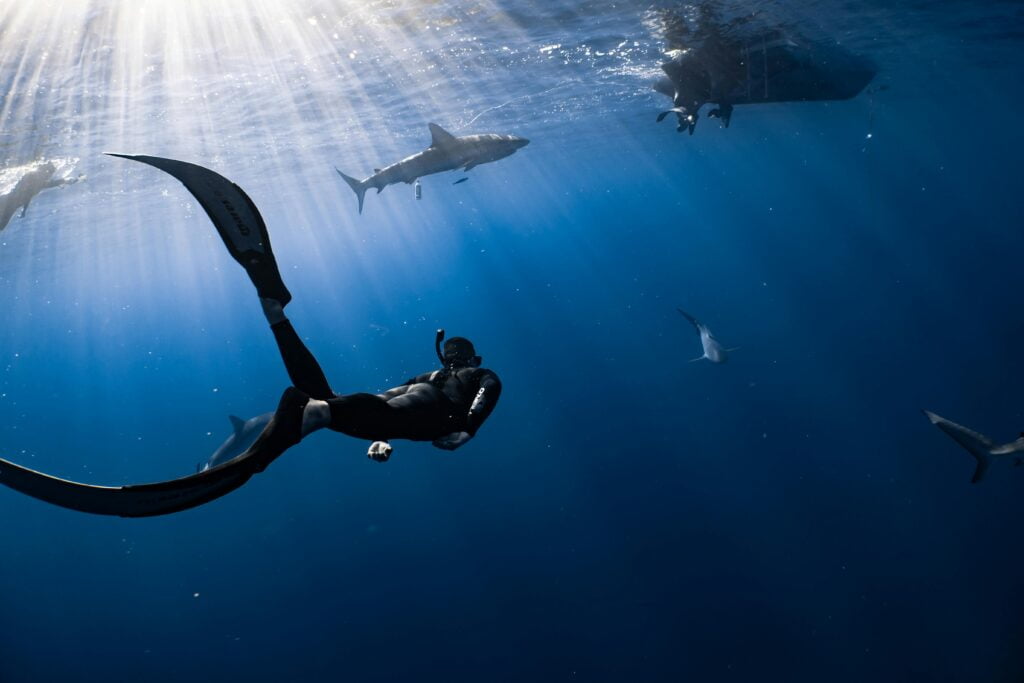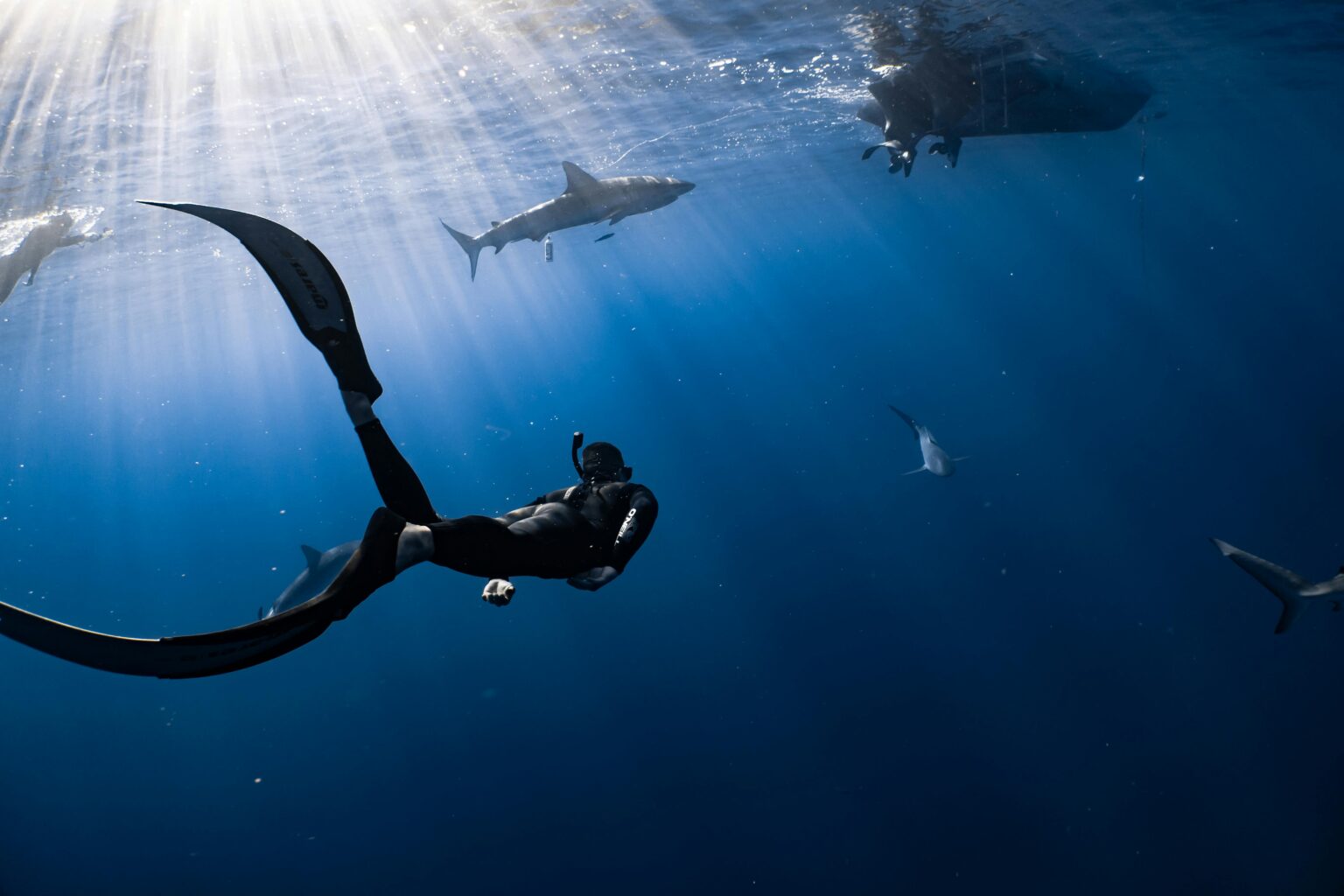Written by Swati Singh
Lets dive into Oceanography, the lesser known science of Oceans

After the Big Bang, Earth was just a big ball filled with various gases. The earth underwent a number of reactions that can only be remembered by a specialist, and now it had just water and not a trace of land. So, it wouldn’t be wrong if I said that water was something that existed on earth before anything else did.
Oceans, the first medium in which a living life form, a single-celled prokaryote, existed, are explored to a greater extent than humans can, but are understood by very few.
A field of science known as oceanography answers all the discovered questions such as how life began, how land on Earth was formed, how Gondwana split into multiple continents, what causes tsunamis, what happens at the depths of the ocean where light cannot reach, how a country decides its water boundaries, the rules of sea, what organisms live in the ocean, and many others.
Oceanography is the study of the ocean, including its physical, chemical, biological, and geological aspects. It encompasses a wide range of disciplines, including geology, chemistry, biology, physics, and meteorology. The ocean plays a vital role in regulating the Earth’s climate and weather, and it also supports a diverse range of life forms. In fact, it’s estimated that the oceans contain more than 80% of the planet’s biodiversity.
India’s coastal regions are home to a large number of fishing communities and many small-scale industries, such as ports and shipbuilding. Oceanography plays an important role in helping these communities and industries sustainably manage and utilise the resources of the sea. India is also a country where the monsoons affect the coastal regions greatly, and oceanography plays an important role in predicting and managing the same.
To study all these aspects of weathering, climate, coastal life, fishing communities, aquaculture, tides, waves, and heavy metals in the ocean, oceanography gives a brief look into the methodology and basics. It is studied throughout the world as a subject just like math, chemistry, biology, and economics. Oceanography also includes the study of ocean resources, such as fish, oil, and minerals. The ocean’s resources are vital to human society and are an important source of food, energy, and raw materials. The people who study oceanography are called oceanographers, and they can be into physical, chemical, biological, or geological oceanography.
How to Become an Oceanographer in India
- Complete your secondary education in the field of science.
- The most common route is to major in Zoology at the undergraduate level (BSc Zoology). People who are only interested in marine biology and fisheries, i.e., biological oceanography, chose marine science and fisheries science too.
- Finish your post-graduate studies in oceanography (MSc Oceanography).
- You can then apply for a Ph.D. or work for an organization or institution.
During your post-graduation, make sure you look for an internship with a well-known organisation or an NGO, to name some: the National Institute of Oceanography, the CMFRI, and the Bombay Natural History Society (BNHS).
Oceanography is a relatively new field of study in India, but it has been rapidly expanding in recent years. The Indian government recognises the importance of the ocean for the country’s economy and has made significant investments in oceanography research and infrastructure. The Indian National Centre for Ocean Information Services (INCOIS) is the premier organisation for oceanography in India. It is responsible for providing ocean information and advisory services to the government, industry, and the public.
After completing Oceanography, you can be a researcher, a guide, a professor, an ecologist, and a marine geologist. However, each of these, like other career options, has its own set of challenges.
Oceanography may become one of the most sought-after subjects for marine researchers in the coming years, as technology advances and the realisation of learning the patterns of the Earth.
With only 5% of the world’s oceans explored, is the young scientist in you ready to discover the rest?
Article researched by:
Swati Singh
(Oceanographer)






